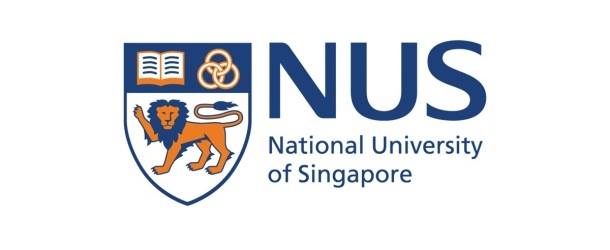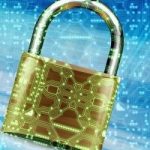Singapore Research Team Advances QKD Technology for Cybersecurity

(SecurityBoulevard) Researchers from the Centre for Quantum Technologies in Singapore are helping advance a technique involving pairs of entangled light particles to enable stronger cyber security. The project is driven by the NUS-Singtel Cyber Security Research & Development Laboratory.
The technology is called Quantum Key Distribution (QKD) and it’s by no means a new development. QKD leverages a property of subatomic particles called “quantum entanglement” to generate unbreakable encryption keys.
Associate Professor Alexander Ling, a Principal Investigator at CQT, led this work for the NUS-Singtel lab. He said, “Before these results, it was not known if the multi-segment nature of deployed fibre would enable high precision dispersion cancellation, because the segments don’t generally have identical zero dispersion wavelengths.” The paper’s co-authors also include CQT’s Shi Yicheng, Poh Hou Shun and Christian Kurtsiefer.
In showing it can work, the team boosts expectations for QKD over commercial fibre. The entangled photons could find other applications, too. For example, the photons in each pair are created within femtoseconds of each other. Their coordinated arrival times might synchronise clocks for time-critical operations such as financial trading.
























